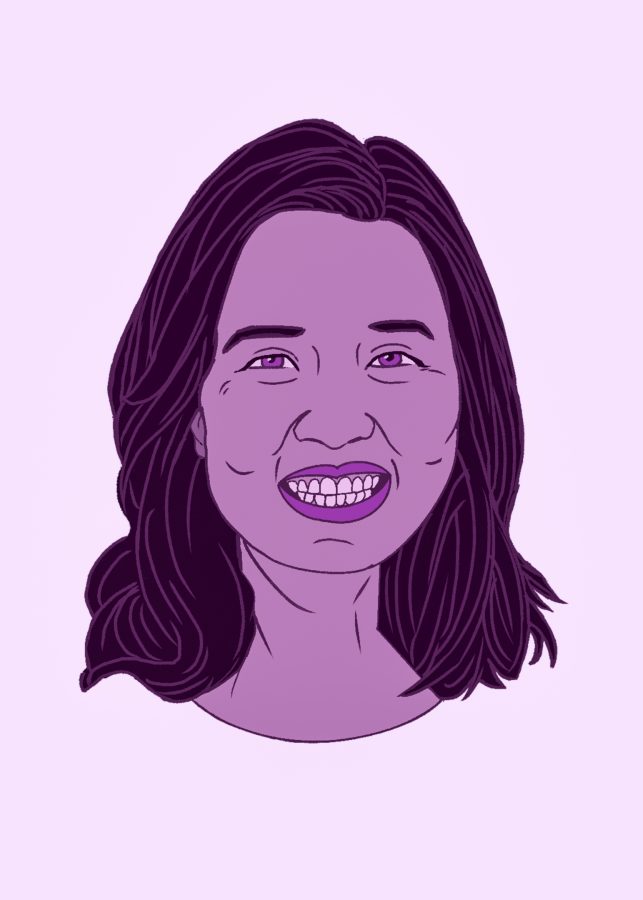Michelle Wu has recently made history by becoming the first woman, as well as the first person of color, to win a Boston mayoral election. Her representation of change and of the wants of the new generation doesn’t end there, however; at the forefront of Wu’s agenda is a Green New Deal for the city of Boston.
The Boston Green New Deal has five key issues: climate justice, transportation, public health, economic justice and workers’ rights, and closing the racial wealth gap.
Setting her sights on the future, Wu’s plan aims to deliver structural changes she believes Boston needs in order to “provide our kids a future built on sustainable energy, good jobs, and healthy, connected communities.”
Her plan arose from the economic problems that have resulted from the coronavirus pandemic and a will to take down racial barriers that threaten the environmental future.
In terms of climate justice, Wu focuses on the disparities in terms of environmental security for communities of color, low-income and working class families, and immigrant communities.
These groups are more likely to face environmental hazards and exposure to pollution, urban heat island effect, flooding and more.
Fighting environmental racism, according to Wu, requires clear policies with an emphasis on community stabilization which ensures the benefit of members of the community, rather than displacement, in a new age of environmental gentrification which threatens to leave these groups at a disadvantage. Wu emphasizes the need for Boston policy makers to create a “procedural justice framework” which lifts up voices of historically overlooked people and communities.
Wu has also presented the idea of a fare-free MBTA system; her main issues come together in this regard as she argues that a free T service intersects with racial and economic justice, and that it is a useful and beneficial climate and transportation policy.
“Safe, reliable, affordable and sustainable” transportation is necessary for the health and growth of the city as a whole in Wu’s opinion. Boston has the worst traffic in the country and a fractured public transportation system; in Wu’s eyes it has become an issue of economic, climate and racial justice that must lead to reform.
A study completed in August 2020 confirmed clear racial disparities in terms of infection rates of coronavirus across communities of color in Massachusetts. Wu views this as a revelation and an added layer to the disparities of health in communities of color and furthers the struggles of these communities. To address this, Wu is arguing for the increase in access to resources to strengthen Boston’s public health infrastructure.
Wu’s vision of economic justice and workers’ rights intersects heavily on solid and environmentally friendly jobs.
One specific aspect of the Green New Deal proposal focuses on “Urban Climate Corps.” This would include a paid training program for young residents to focus on the “green infrastructure installation, climate resilient design, the restoration of natural spaces, and community engagement,” according to Wu’s website.
Her final key focus revolves around closing the racial wealth gap.
Currently in Boston the median net worth of a white family is $247,500 and the median net worth of a black family is $8; the coronavirus pandemic and its unequal disparagement on communities of color only furthers this gap. Wu views climate justice as racial and economic justice; in her eyes, addressing the racial wealth gap is necessary in order to ease issues for communities of color in the coming climate crisis.





















































